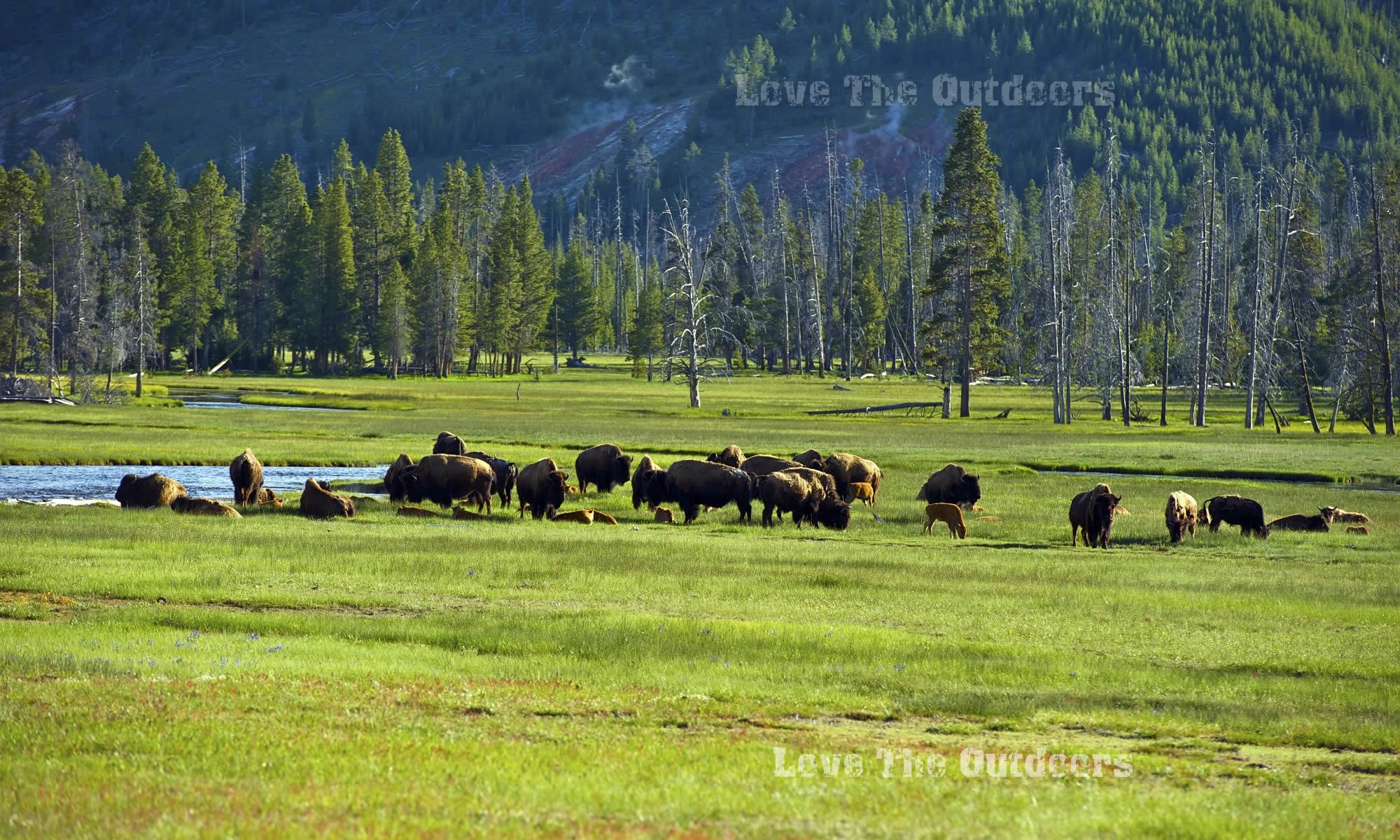Press Release – Cleveland, OH – Whether hiking, biking, hunting or fishing, every outdoors-person wants to keep warm at night, and campers need to know about the potential dangers of using a portable propane heater or camp stove in an unventilated enclosure.
Camp stoves and portable heaters that are designed to be used outside can emit hazardous carbon monoxide (CO) if improperly used inside a tent, truck cap, RV or camper. Every camper should read the manufacturer’s operating instructions and packaging before operating any portable propane product, according to Dennis Pavan, Spokesman for the Coalition for Portable Propane Product Safety.
“Campers who are particularly vulnerable are those who attempt to use these devices overnight while sleeping,” says Pavan. “Therefore, they are unable to recognize the early symptoms of carbon monoxide poisoning – which can easily be mistaken for a cold or flu.”
Symptoms of carbon monoxide poisoning include headache, dizziness, weakness, nausea, sleepiness and confusion. Carbon monoxide reduces the blood’s ability to carry oxygen. Low oxygen levels in the blood can result in the loss of consciousness and death.
“Alcohol consumption and drug use also increase the effects of carbon monoxide poisoning,” says Pavan.
Rather than relying on fuel-burning appliances to supply overnight heat, the Coalition urges campers to wear adequate clothing, use a thermally rated sleeping bag, and to consume extra calories and fluids to help keep warm at night.
The Coalition sponsors the “Camp Safe” Education Program, dedicated to making consumers aware of the dangers of using fuel-burning products inside. There are certain heaters available that are designed specifically for temporary use inside recreational enclosures. But no matter what kind of heater, the Coalition recommends NOT using a portable propane product overnight while sleeping.
The Coalition offers a free safety brochure that includes propane product descriptions of outdoor heaters, stoves, lanterns, cylinders and indoor-safe heaters, as well as carbon monoxide safety information and a CO warning poster. Larger quantities are available for campgrounds, RV dealers, retailers, fire departments, neighborhood organizations and schools. To order, contact the Coalition at 888-226-7487 or write to P. O. Box 45002, Cleveland, OH 44145.
Visit our Camp Store


Portable Propane heaters are ment to be used temporarily. When you are awoke and to keep warm like at construction sites.
Not to let it burn hot – all night
Like sleeping with heater on.
When you go to sleep the heart normally slows down .
Burning gas of any kind produces poison gas. Must have oxygen air flowing to be safe. If it winter time best to invest in a thick sleeping bag. (not the thin ones) .
And wear three layers of pants socks and clothes. And also plain water needs to be by your bed because heaters also dehydrate the body .
And winter is the time to eat big meals so body can produce inner hear. Make sandwiches like egg and cheese have oatmeal with you also if you get too cold fix a bowl of oats with raisins in it. Stock up on tea and coffee and cocoa powder and sugar and sea salt . Wake up middle of the night fix a early breakfast with hot drink then use your heater. But before you lay down to sleep lock it off and have window cracked 2 inches so oxygen can enter in .
Room will stay warm for 1 hour then gradually get cold again .
That’s the best advice …
It’s winter preparation you see.
Even if whole tent can’t be heated, at least hydronic heating can heat tent floor enough. It uses heated water circulation with good fuel efficiency. 230g fuel can heat overnight
I am buying a camper and want to heat it without a propane furnace. What is best? heater type to use safely inside the camper over night?
Thanks
we are having an emergency preparedness night at our church and I was wondering if you could send me some data on heating our homes during a power outage in the winter, and minimizing the risk of CO poisoning? Thank you.